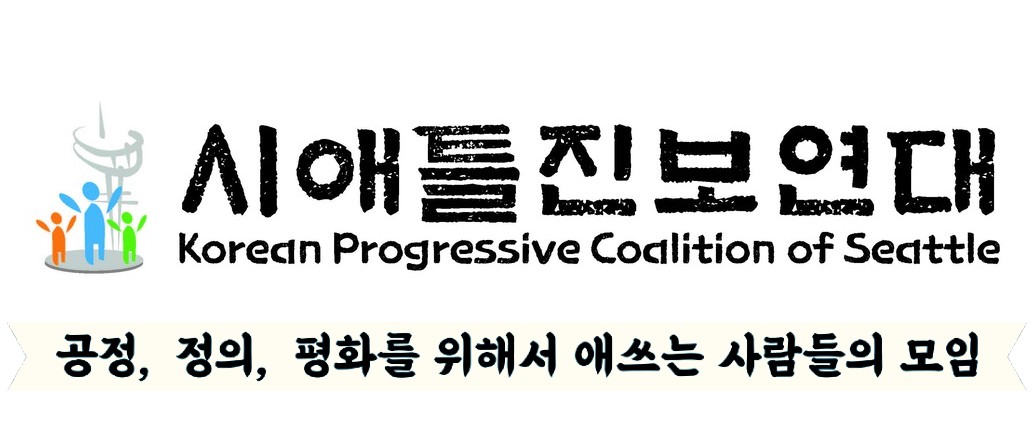핵폐수 해양투기 중단 글로벌 집회, 자카르타에서도 촛불 타올랐다
-지구의벗 인도네시아 왈리(WALHI) 핵폐수 투기 중단 성명서 발표
-안전 문제로 인한 주말 집회 불허로 추후 집회 다시 열기로
16일 핵폐수 해양투기 중단 글로벌 집회의 일환으로 자카르타 일본대사관 앞에서 열린 집회에서 촛불이 타올랐다.
비록 경찰이 안전 문제로 인해 주말 집회를 불허했지만, 이들은 원을 그리고 모여 앉아 촛불을 밝혔다. 주최 측은 집회를 추후에 다시 열기로 했다.
지구의 벗 인도네시아 왈리(WALHI)는 이날 핵폐수 투기 중단 성명서를 발표했다.
성명서에서는 핵오염수 해양 투기가 생태계를 위협할 것이며, 투기 지역 인근에서 잡힌 해산물을 먹는 사람에게 전달될 위협이 있다고 우려를 표시하며 핵폐수 투기 중단을 요구했다.
성명서 전문은 다음과 같다.
WALHI Urges the Japanese Government to Stop Nuclear Wastewater Dumping into Ocean
Jakarta, 16 September 2023 – The Japanese government, through the Tokyo Electric Power Company (Tepco) started dumping wastewater from the Fukushima Nuclear Power Plant on Thursday, 24 August 2023. This disposal was carried out after 12 years of the earthquake and tsunami, which triggered the world’s worst nuclear disaster. More than one million metric tons of radioactive water are flowing into the Pacific Ocean. The dumping of nuclear wastewater has drawn criticism from various countries such as South Korea and China, environmental organizations, and millions of global citizens.
The Indonesian Forum for the Environment (WALHI) criticized the nuclear wastewater dumping process carried out by the Japanese Government. In the long term, the dumping of nuclear wastewater containing radioactive substances will damage marine ecosystems and affect the life of aquatic biota, which has been one of the food sources for communities around the Pacific Ocean and in other regions of the world. There is a risk of transmission to humans, which impacts health through consuming seafood from nuclear wastewater dumping areas.
“Efforts to dump nuclear wastewater have been encouraged by the Japanese Government since 2021 and continue to receive resistance from various countries such as China, South Korea, and the majority of Pacific countries. The dumping of nuclear wastewater carried out by Japan on August 24 and will be carried out again in the near future threatens marine ecosystems for generations to come. Japan has completely ignored the concerns and protests from scientists, environmental organizations, and millions of global citizens,” said Abdul Ghofar, WALHI’s Pollution and Urban Campaigner.
A strong protest against the dumping of Japanese nuclear wastewater was also conveyed by the Indonesian Traditional Fishermen’s Union (KNTI). According to Hendra Wiguna, General Chair of Indonesian Youth and Coastal Students (the youth wing of KNTI), the dumping of nuclear wastewater by the Japanese government will have an impact on the marine environment and public health, which will also have a negative impact on the economy of fish-producing countries. Fishermen, as the frontline of the coastal economy, will be the group most affected.
“It is certain that “the bad material” thrown into the sea will return to us because the
sea is a source of goodness, a source of shared prosperity. “All nations should protect the sea so that our food is protected forever,” explained Hendra.
The global community, on 16 September 2023, held a simultaneous Global Candlelight Action in 12 cities in 7 (seven) countries to urge the Japanese government to stop the ocean dumping of nuclear wastewater altogether in the future. The Indonesian Forum for the Environment (WALHI) organized one of the simultaneous global actions before the Japanese Embassy in Jakarta, Indonesia.
Contact Person:
Abdul Ghofar – 085645520982/ghofar@walhi.or.id
(출처 JNC TV를 밝혀 주실 경우 자유롭게 인용 보도 하실수 있습니다.)










